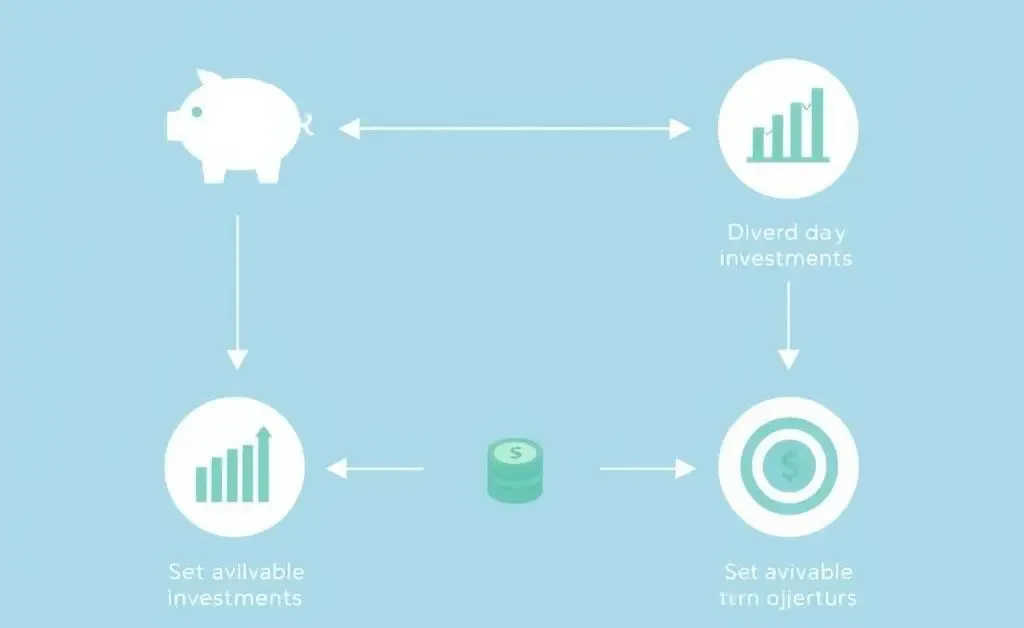Demystifying Financial Planning: A Friendly Guide to Your Money Questions
Curious about financial planning? Let's explore key insights to manage your money with ease.

Hey there! If you’ve ever found yourself scratching your head over financial planning, you're not alone. It can seem like a puzzle made for wizards, but it doesn’t have to be. Today, we’re going to break down some core concepts, helping you feel confident about managing your money. Let’s dive in!
What is Financial Planning?
Financial planning is simply the process of organizing your finances so you can achieve your life goals. It could be anything from buying a house, saving for your kids' college, or retiring comfortably.

Why is Setting Financial Goals Important?
Picture this: you’re on a road trip without a map. Sure, it could be fun, but if you have a destination in mind, planning your route will get you there faster. The same goes for money. Set clear financial goals to guide your journey, whether it’s short-term objectives like building an emergency fund or long-term goals like retirement savings.
Crafting a Realistic Budget
Budgeting is your financial GPS, showing you where your money is going. Create a budget that reflects your lifestyle and priorities. Track your spending, categorize expenses, and see where you can save.
Dealing with Debt
We all know debt can feel like a pesky mosquito that won’t go away. But there are ways to manage it! Start by understanding what debts you have. Are they high-interest credit cards or student loans? Identify them, and consider strategies like the snowball or avalanche method to tackle them.

Investing 101: Making Your Money Work for You
Investing might sound intimidating, but it’s a powerful tool for growing wealth over time. If you're just starting, think of it as planting a tree. Begin with small steps, like understanding stocks, bonds, and mutual funds. Psst... don’t forget to diversify!
Emergency Funds: Your Safety Net
An emergency fund is like having a financial superhero ready to swoop in when life throws curveballs your way. Aim for at least three to six months of living expenses to cover unexpected events without derailing your financial plan.
The Role of Insurance in Financial Planning
Insurance protects your financial well-being in case of unexpected events like illness, accidents, or even death. Evaluate your needs and choose the right insurance mix, such as health, life, or disability, based on your circumstances.

Final Thoughts
Remember, financial planning is a marathon, not a sprint. Start small, stay focused, and seek professional advice if needed. With these tools and some determination, you’re well on your way to mastering your financial future. What financial goals are you setting for yourself today?




